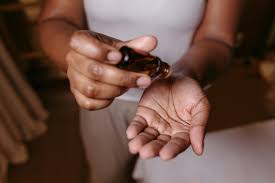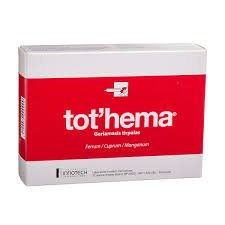When it comes to body care, the order in which you apply your products can make a huge difference in how your skin feels and looks. If you’ve ever wondered whether to apply body oil before or after lotion, you’re not alone. The general skincare rule is to layer from thinnest to thickest, but does that apply to body care too? Let’s break it down and find out which method works best for soft, hydrated skin.
Products Used in This Test
For this experiment, I used two fragrance-free favorites: Equate Baby Oil and Neutrogena Hydro Boost Body Gel Cream. These products are lightweight yet super hydrating, making them perfect for testing different layering techniques.
Testing the Oil-First Method
Applying oil first on damp skin creates a unique texture. Since oil and water don’t mix, the oil formed a silky, emulsive layer that locked in moisture immediately. My skin felt smooth and had a healthy glow, though it took a bit longer to absorb fully. The key takeaway? The oil created a great base, preventing the water from evaporating too quickly and prepping my skin for the next step.
Testing the Lotion-First Method
On the other side of my body, I applied lotion first. The lotion took longer to blend into my damp skin, and I had to use more product to cover the same area. It absorbed eventually but didn’t leave my skin feeling as instantly hydrated as the oil-first method. While it didn’t feel sticky or greasy, the hydration didn’t seem as long-lasting.
Comparing the Second Layer: Oil-First vs. Lotion-First
Here’s where things got interesting. After the first layer absorbed, I applied the second product on each side:
- Oil first, then lotion: The lotion glided on smoothly, and my skin absorbed it quickly without feeling heavy or greasy. My skin felt incredibly soft and well-hydrated.
- Lotion first, then oil: This resulted in a shinier finish. While it did lock in moisture, the oil sat more on the surface, making my skin feel greasy. Worse, it transferred onto my clothes and sheets.
Final Verdict: Oil Before Lotion Wins
After 10 minutes, both sides felt hydrated, but there was a noticeable difference in texture. The side where I applied oil first felt more natural—moisturized but not greasy. The lotion spread effortlessly and absorbed better. On the lotion-first side, the hydration didn’t feel as deep, and the oil left a residue on my skin.
So, if you want soft, nourished skin without excess oiliness, the best method is oil first, then lotion.
Why You Should Apply Oil Before Lotion
- You use less product – The oil creates a smooth base, helping your lotion spread more easily.
- Longer-lasting hydration – Oil locks in moisture, allowing the lotion to penetrate deeper.
- No greasy residue – The oil absorbs better, preventing that heavy, sticky feeling.
Try It Yourself!
If you’re looking for a simple way to boost your body care routine, try applying oil first, followed by lotion. Your skin will thank you for it! Let me know in the comments what products you love layering and any tips you swear by.
For more skincare tips, check out my other posts. Stay hydrated, stay glowing, and happy moisturizing!
Looking for high-quality body care products? Shop your favorite beauty essentials now at TF Pharmacy and elevate your skincare routine!




